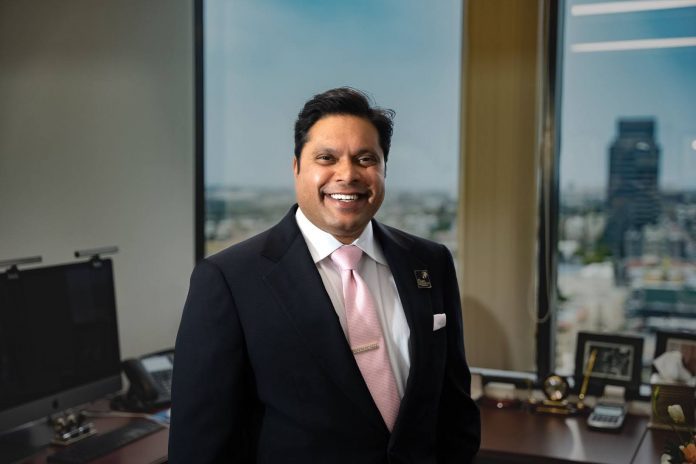Every year on July 1, thousands of newly minted doctors across the United States begin their medical residencies, which is a critical next step in their training that allows them to put their academic knowledge to practical use. For many, this transition follows years of intense preparation, such as undergraduate education, medical school, board examinations, and a challenging application process. According to the National Resident Matching Program (NRMP), the 2024 Match saw more than 50,000 applicants vying for approximately 41,000 positions, which shows the competitive nature of medical residency placements in the United States.
Residency candidates are assessed on a range of criteria, including their United States Medical Licensing Examination (USMLE) Step scores, letters of recommendation, and personal statements. International medical graduates (IMGs) face additional challenges, such as navigating ECFMG certification and competing for a limited pool of positions designated for non-US graduates. Despite these hurdles, IMGs make up a crucial segment of the American healthcare system, comprising more than 25 percent of the physician workforce, according to the American Medical Association.
To meet the needs of these applicants, several organizations have stepped in to help thousands of medical school students and graduates prepare for and achieve their dream residency or fellowship. Residents Medical, headquartered in Los Angeles, California, plays a unique role in this space by helping medical students and graduates on their path to becoming residents and fellows in the United States. Through a combination of personalized mentorship, application enhancement strategies, and interview preparation techniques, the organization has worked to expand access to residency and fellowship programs, particularly in areas experiencing workforce shortages.
Residency training itself can vary widely depending on specialty, institution, and geographic location. Psychiatry, for instance, has emerged as one of the fields most in need of new practitioners. The Health Resources and Services Administration projects a shortage of up to 31,000 psychiatrists by 2030, fueled by increased mental health awareness and provider retirement. New residency programs are being developed in response to these needs, often through collaborations between clinical facilities and academic partners.
This July, a new ACGME-accredited psychiatry residency program officially opens its doors at Brain Health USA in Los Angeles, California. Developed with support from Residents Medical Consultancy, Brain Health USA’s Psychiatry program will help prepare physicians to meet the growing demand for mental healthcare while also reinforcing quality and compliance through accredited standards. The start of Brain Health’s new psychiatry program marks a moment in the field of graduate medical education, where mental health services have increasingly become a priority across policy and practice.
“The country has never needed more mental health professionals than it does right now,” said Dr. Michael Everest, Founder, Chairman, & Chief Academic Officer of Residents Medical and Founder and Chairman Emeritus of the Everest Family Foundation. “Supporting a psychiatry residency at Brain Health USA allows us to help both patients and physicians at a time when access to behavioral healthcare is an urgent concern.”
“This residency represents what we strive for, which is creating educational pathways that serve underserved communities while fostering excellence in medical training,” added Dr. Everest. “Every new GME program is an opportunity to support the next generation of healthcare professionals with tools that meet today’s challenges.”
As the July 1 start date marks a transition for new medical residents across the country, the start of this new psychiatry residency in Los Angeles serves as a milestone and a signal. It reflects the realities of healthcare today, where mental health, educational support, and systemic access must all be addressed in tandem. Through targeted development and a commitment to quality, organizations like Residents Medical are helping reshape the journey into residency.


